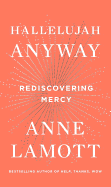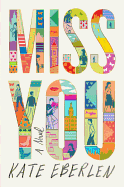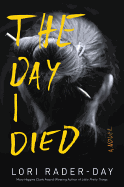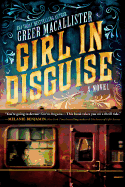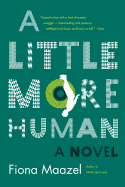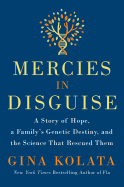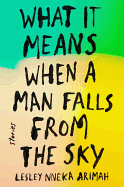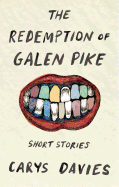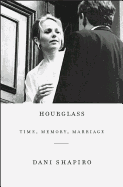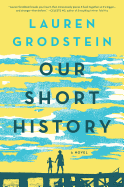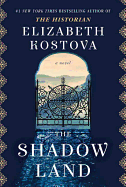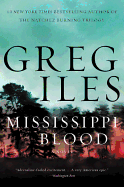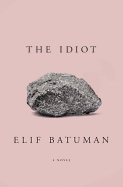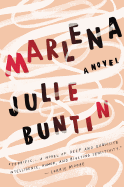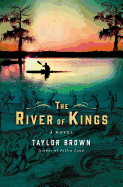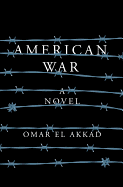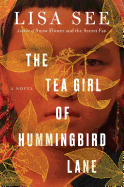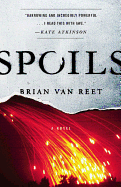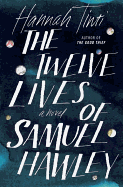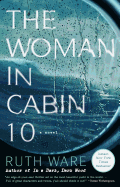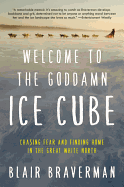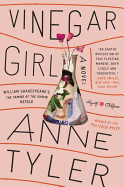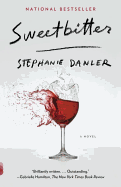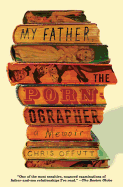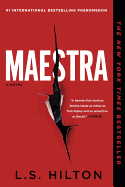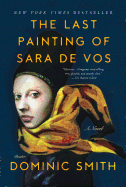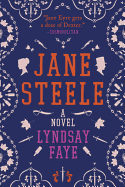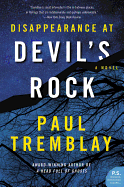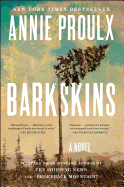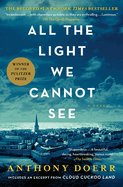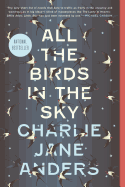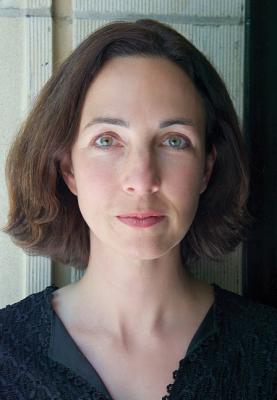 |
| photo: Lesley Unruh |
Booksellers across the U.S. have chosen Jessica Shattuck's novel The Women in the Castle (William Morrow) as their number one Indie Next List pick for April.
Shattuck's two previous novels, The Hazards of Good Breeding, a New York Times Notable Book and a Winship/PEN Award finalist, and Perfect Life, were published by W.W. Norton. Her writing has appeared in The New Yorker, The Believer, and Mother Jones, among other publications.
Here, Shattuck talks about the relevancy of her new book to today's political discourse, the inspiration for her first work of historical fiction, and what she is working on next.
The Women in the Castle grapples with big issues: good versus evil, the power of propaganda and rhetoric, moral accountability and political resistance, and the possibility of redemption. Do the moral questions in your book seem more relevant than ever given the current atmosphere of political upheaval and polarization in the U.S.?
I think these questions are always relevant--sometimes they're writ larger than others, and now is definitely one of those times. There are many scary parallels between 1930s Germany and America today--the feeling of disenfranchisement of many, especially working class voters; the discomfort with an increasingly global world and economy; and the loss of faith in government and institutions, to name a few. The threat of terrorism that Americans feel now is much like the threat of "Bolshevism" (which Hitler falsely defined as "Jewish") that Germans felt in the 1920s and '30s. There were real incidents, such as the communist takeover of Bavaria (which became the Soviet Socialist Republic of Bavaria for a short time in 1918), that Hitler used to stoke fear and inspire nativism, just as various politicians and leaders have used terrorist incidents in America and abroad to the same ends today. The Nazis' assault on truth and their creation of false narratives--concentration camps as benign places for "re-education," Jews and Slavs as "partisans" or "criminal elements"--are certainly something I think we all should study closely.
What inspired your first foray into historical fiction? What kind of research did you do for the book?
I have wanted to write about this time and place (post-World War II Germany) since I was in college and spent a summer on my grandparents' farm in Westphalia interviewing my grandmother about her life. That was, in essence, the first research I did for this book. It just took nearly 20 years until I was ready to write it.
Because of my personal connection to the subject, I have always been a reader of books--fiction and nonfiction--about World War II and post-World War II Germany. When I began writing, I let the story guide me to further research: interviews with family members and others, memoirs like Jost Herman's A Hitler Youth in Poland, historical studies like Alison Owings' Frauen: German Women Recall the Third Reich, Timothy Snyder's Black Earth, and several visits to Germany.
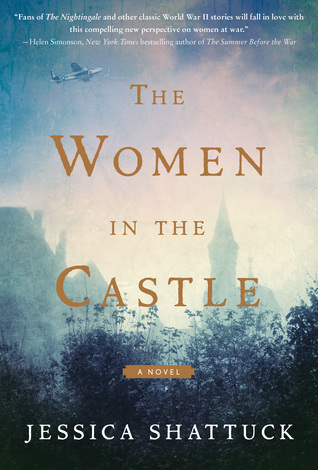 Each of the widows--Marianne, Ania, and Benita--is very different. What was it like to put yourself in the shoes of each of these diverse characters?
Each of the widows--Marianne, Ania, and Benita--is very different. What was it like to put yourself in the shoes of each of these diverse characters?
I like to write stories from a variety of characters' points of view. It keeps things fresh and allows for competing understandings, which were particularly vital to this book. I wanted the three women's narratives to conflict at times and to shed light on each other's biases and differences of experience. Marianne sees and interprets the rise of Hitler very differently than Ania does, for example. It allowed me to delve into complicity as well as resistance, culpability as well as innocence, and those places where the lines between become blurred.
Do you think women's stories have been sufficiently represented in the study of WWII and the post-war era? What about the stories of the common German people?
I think the immediate aftermath of the war in Germany is definitely underrepresented in English and even German literature. It was an extreme and desperate time, both in terms of physical hardship (food, housing, coal, etc. were drastically scarce) and in terms of its moral demands; individuals had to reckon with the atrocities that their nation, and in some cases they themselves, had committed. For various reasons (shame, the hardship of day-to-day life), that reckoning took place largely internally, which is, after all, the almost-exclusive province of a novel. Most ordinary citizens who lived through the war and the years immediately after were--and still are--reluctant to talk about that time for fear of being judged or saying the wrong thing, or simply because it was too painful to relive, and this has shrouded the experience of it in relative darkness.
I think the literature about women's experiences of the war tend to be about victims or Allies. The experience of an ordinary Mitläufer (the German term at the time for one who "went along with") is not well-documented. I knew from the start of writing my book that I wanted the women to span the gamut from Nazi enthusiast to resister.
How did you feel when you learned that independent booksellers had selected your title as their top pick for the April Indie Next List? Have independent bookstores influenced your life in other ways?
I was delighted. I've really enjoyed getting to know various booksellers during the pre-publication of this book, and I am a huge fan of independent bookstores. As the mother of small children, I rely on local bookstores (at home and on vacation) to provide not only access to books but also community--story hours, fun children's sections to visit on rainy days, interesting readings and panels to get me, and everyone else who attends, to think about the wider world than the one right under our noses. I feel that independent bookstores are really the purveyors and gardeners of the life of the mind.
Are you working on or thinking about writing anything new at the moment?
I'm working mostly on short stories and essays right now, but I'm starting to think about a concept for a new novel. I won't get into the exact subject, but my work on The Women in the Castle turned me on to historical research and my next book will definitely have a historical element... and may be inspired by another piece of family history. --by Liz Button for Indie Next List
A Q&A With Jessica Shattuck, Author of the #1 Indie Next List Pick for April


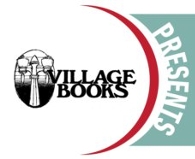
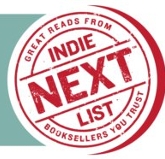
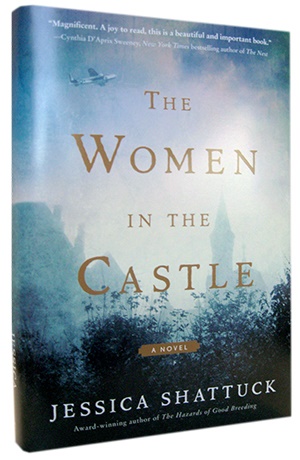

 Each of the widows--Marianne, Ania, and Benita--is very different. What was it like to put yourself in the shoes of each of these diverse characters?
Each of the widows--Marianne, Ania, and Benita--is very different. What was it like to put yourself in the shoes of each of these diverse characters?